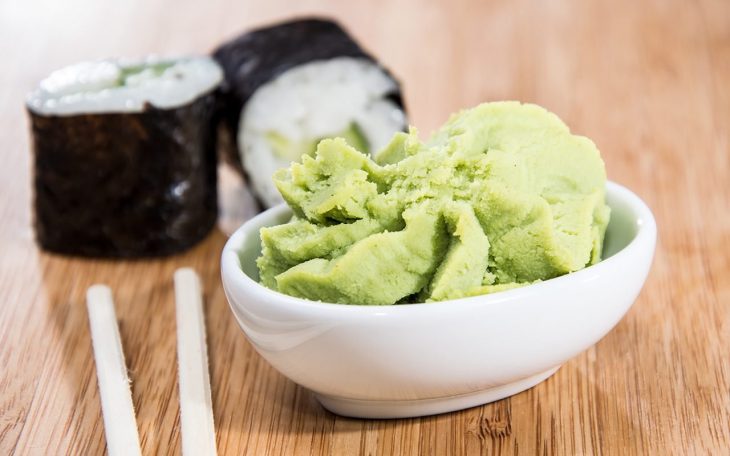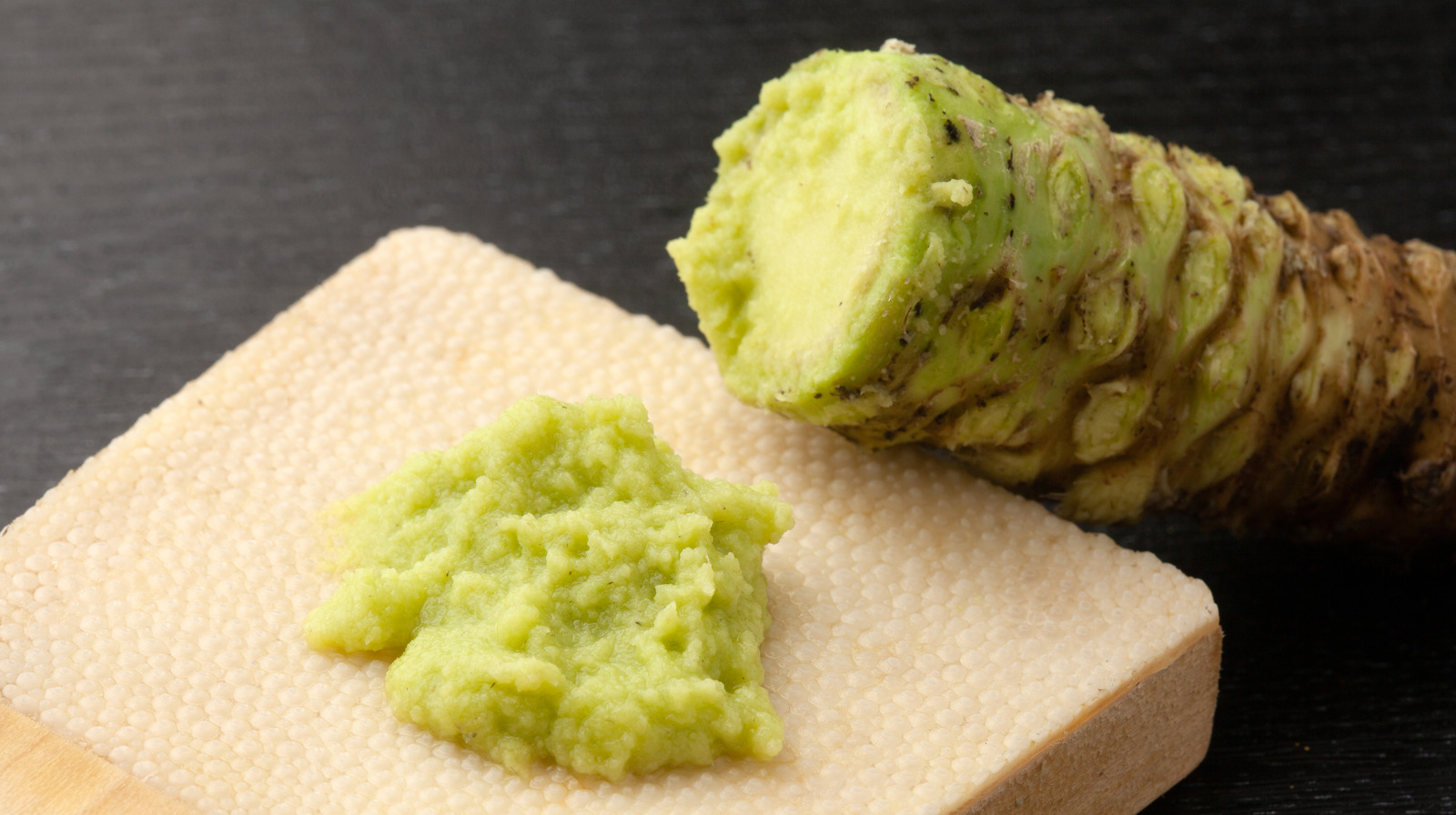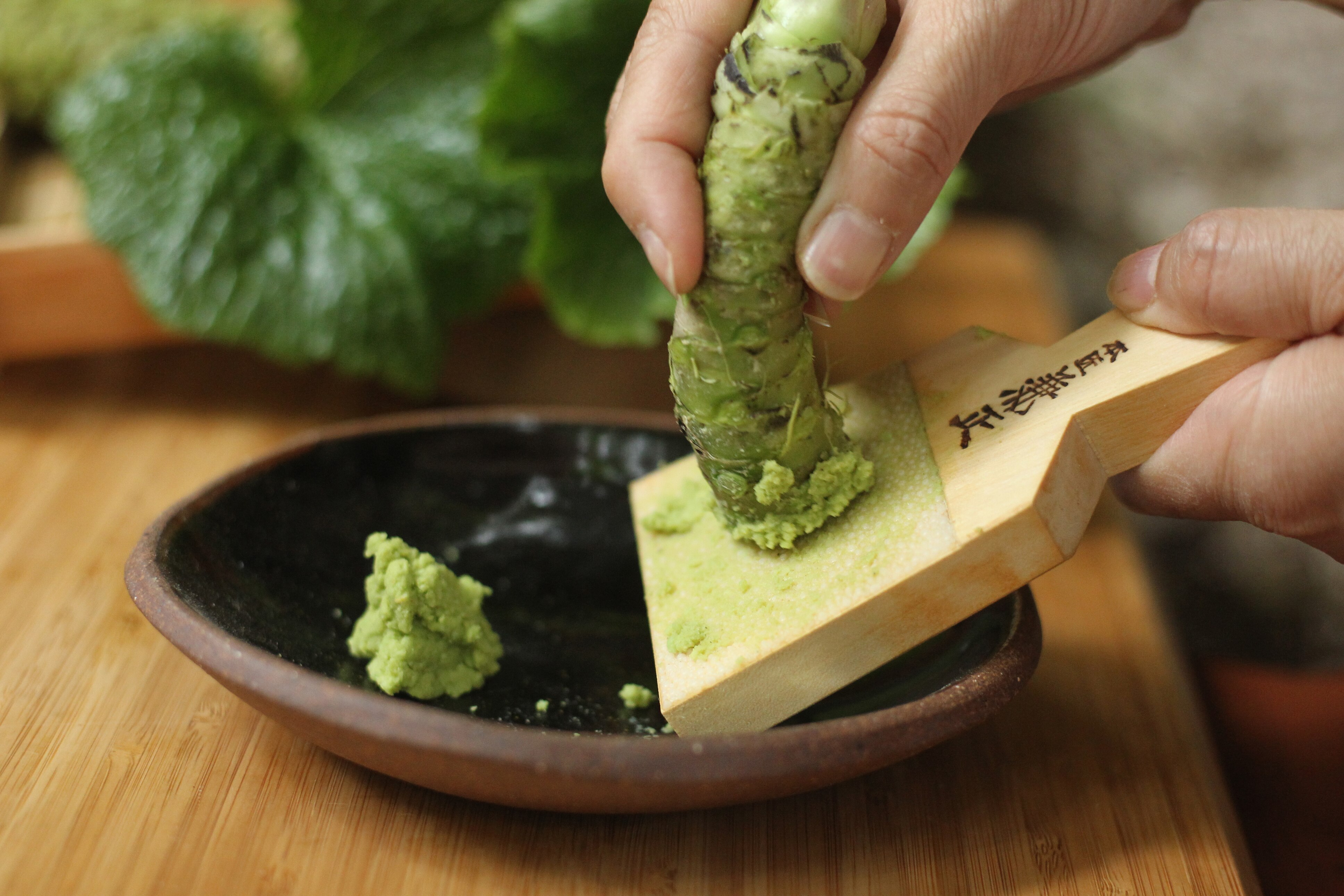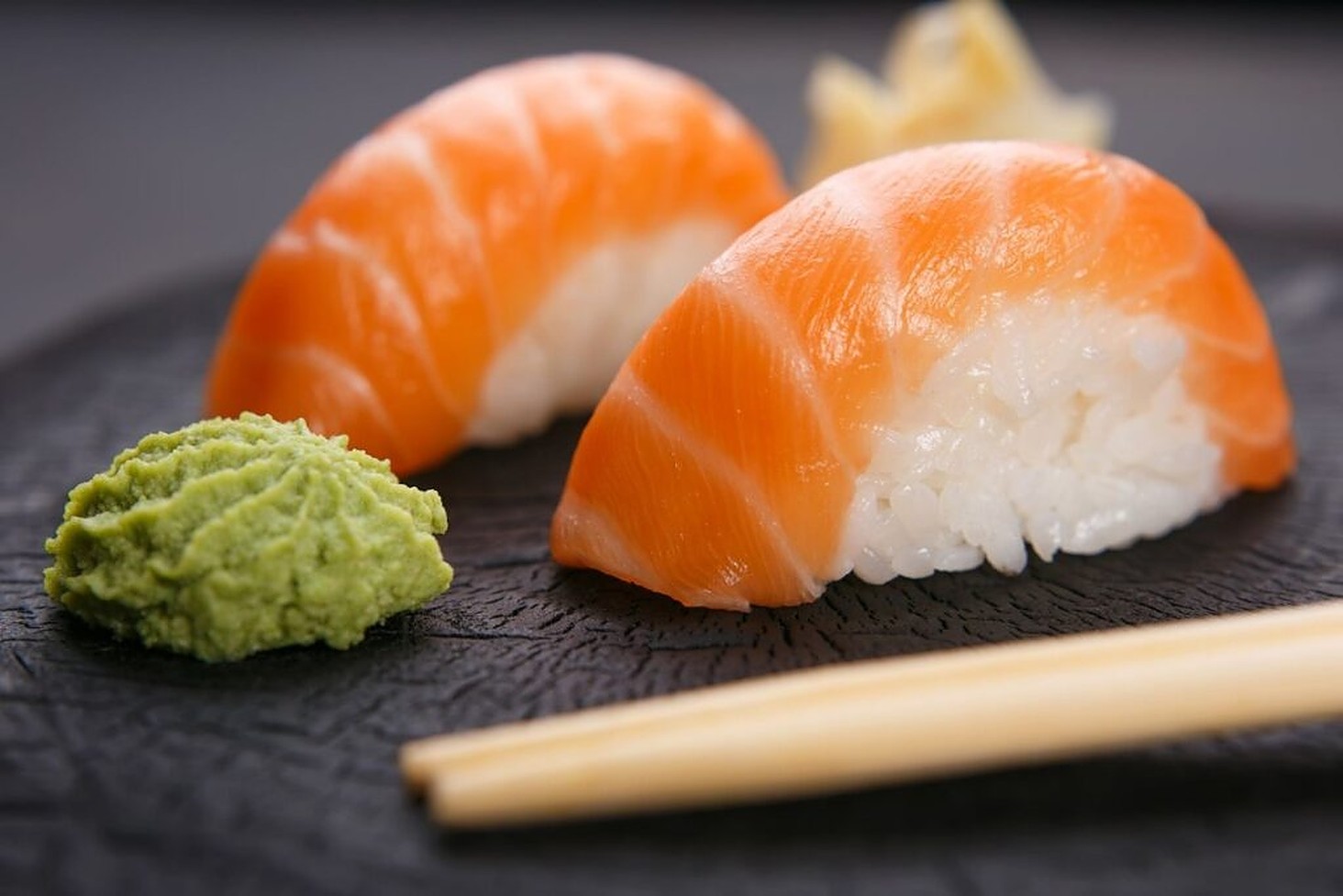
Wasabi is a condiment known for its fiery flavor and distinct aroma. This popular ingredient is often associated with sushi and Japanese cuisine, but its appeal extends beyond traditional dishes. While we often enjoy wasabi for its taste, have you ever wondered about its nutritional profile? In this article, we will explore 15 fascinating nutrition facts about wasabi, uncovering its nutrient content, potential health benefits, and ways to incorporate it into your diet. Get ready to spice up your knowledge with the spicy and nutritious delight of wasabi!
Low-Calorie Delight
One of the notable characteristics of wasabi is its low-calorie content. A tablespoon of wasabi typically contains only about 30 calories, making it a guilt-free addition to your meals or snacks.
Fiber Boost
Wasabi is a surprising source of dietary fiber. Consuming fiber is important for digestive health, regulating blood sugar levels, and maintaining a healthy weight. Just one tablespoon of wasabi provides approximately 1 gram of dietary fiber.

Rich in Antioxidants
Wasabi contains various antioxidants that help protect the body against damage from harmful molecules called free radicals. Antioxidants play a vital role in supporting overall health and reducing the risk of chronic diseases.
Vitamins and Minerals
Wasabi contains several essential vitamins and minerals. It is a good source of vitamin C, which supports the immune system and collagen production. Additionally, it provides small amounts of potassium, magnesium, and calcium, which are important for various bodily functions.
Potential Anti-Inflammatory Properties
Wasabi contains compounds called isothiocyanates, which have been found to possess anti-inflammatory properties. These compounds may help reduce inflammation in the body, potentially benefiting conditions like arthritis and inflammatory bowel disease.

Natural Antibacterial Agent
The isothiocyanates in wasabi also exhibit antibacterial properties. This natural antibacterial action may help fight harmful bacteria in the body, contributing to overall wellness and supporting a healthy immune system.
Nasal Clearing Benefits
The pungent flavor of wasabi is well-known for its ability to clear the sinuses. When consumed, the compounds in wasabi can provide a refreshing sensation and help alleviate nasal congestion.
Potential Cancer-Fighting Properties
Studies have suggested that the isothiocyanates found in wasabi may possess anticancer properties. These compounds have been shown to inhibit the growth of certain cancer cells and potentially reduce the risk of certain types of cancer.
Digestive Aid
Wasabi has traditionally been used in Japanese cuisine to aid digestion. Its spiciness can stimulate the production of digestive enzymes, promoting efficient digestion and relieving discomfort.
Culinary Versatility
Wasabi is not limited to sushi and Japanese cuisine. It can be used as a flavor enhancer in various dishes, including sauces, dressings, marinades, and even unique desserts. Its versatility allows for creative culinary exploration.

Spicy Sensation
The spicy kick of wasabi comes from compounds called allyl isothiocyanates. These compounds stimulate the nerve endings in the mouth and provide that unique, fiery sensation that makes wasabi a favorite among spice enthusiasts.
Natural Food Preservative
Wasabi has natural antimicrobial properties, which have led to its use as a food preservative in Japan. The antibacterial action of wasabi helps inhibit the growth of certain bacteria and prolong the shelf life of perishable foods.
Sodium Considerations
It is important to note that commercially available wasabi products, such as wasabi paste or powder, may contain added salt or sodium. If you are watching your sodium intake, reading labels and opting for low-sodium or sodium-free options is recommended.
The Power of Authentic Wasabi
Authentic wasabi, known as “hon-wasabi,” is made from the rhizome of the Wasabia japonica plant. It is highly prized for its unique flavor and health benefits. However, due to its rarity and cost, many wasabi products are made with horseradish and food coloring, offering a similar taste but without the same nutritional benefits.
Mindful Consumption
While wasabi offers several potential health benefits, it is important to consume it mindfully and in moderation. Its strong flavor and spiciness may not be suitable for everyone, especially individuals with sensitive stomachs or certain medical conditions. It is always best to listen to your body and consult a healthcare professional if you have any concerns.
Conclusion
Wasabi adds a fiery and flavorful element to your culinary adventures while potentially providing health benefits. Its low-calorie content, fiber, antioxidants, and potential anti-inflammatory properties make it an intriguing addition to a balanced diet. Whether enjoyed with sushi, in sauces or as a unique flavor enhancer, wasabi can be savored in moderation for its spicy and nutritious delights.
Frequently Asked Questions (FAQs)
Is wasabi spicy?
Yes, wasabi is known for its spicy flavor. The compounds present in wasabi, particularly allyl isothiocyanates, provide that distinctive fiery sensation when consumed.
Can wasabi help with nasal congestion?
Yes, the consumption of wasabi can help clear nasal congestion. The pungent flavor and compounds in wasabi stimulate the sinuses and provide a refreshing sensation.
Are all wasabi products authentic?
No, not all wasabi products are authentic. Many commercially available wasabi products are made with horseradish and food coloring, offering a similar taste but without the same nutritional benefits as authentic wasabi made from the Wasabia japonica plant.
Can wasabi be too spicy for some individuals?
Yes, the spiciness of wasabi may be too intense for individuals with sensitive stomachs, certain medical conditions, or those who are not accustomed to consuming spicy foods. It is best to listen to your body and consume wasabi in moderation.
Can wasabi cause allergies?
Some individuals may be allergic to wasabi. Allergic reactions to wasabi are rare but can occur. If you experience any adverse reactions after consuming wasabi, such as hives, swelling, or difficulty breathing, seek medical attention immediately.
Was this page helpful?
Our commitment to delivering trustworthy and engaging content is at the heart of what we do. Each fact on our site is contributed by real users like you, bringing a wealth of diverse insights and information. To ensure the highest standards of accuracy and reliability, our dedicated editors meticulously review each submission. This process guarantees that the facts we share are not only fascinating but also credible. Trust in our commitment to quality and authenticity as you explore and learn with us.
